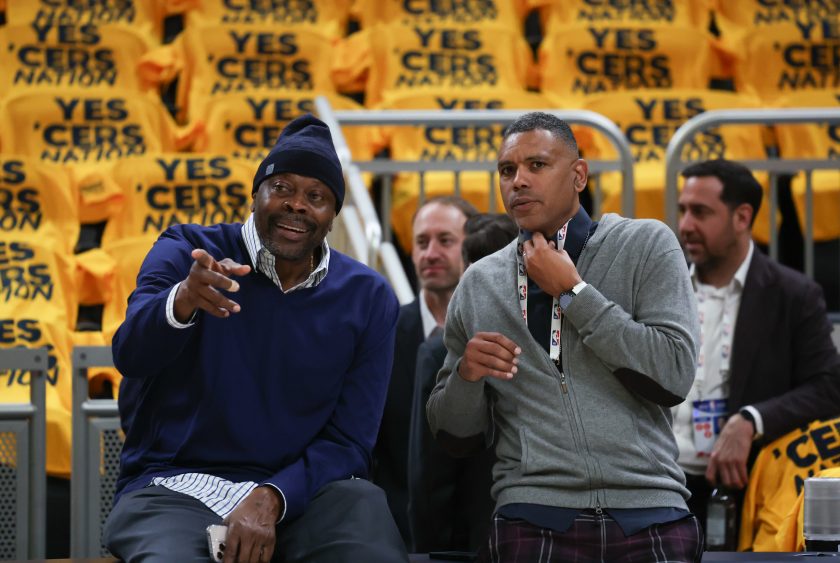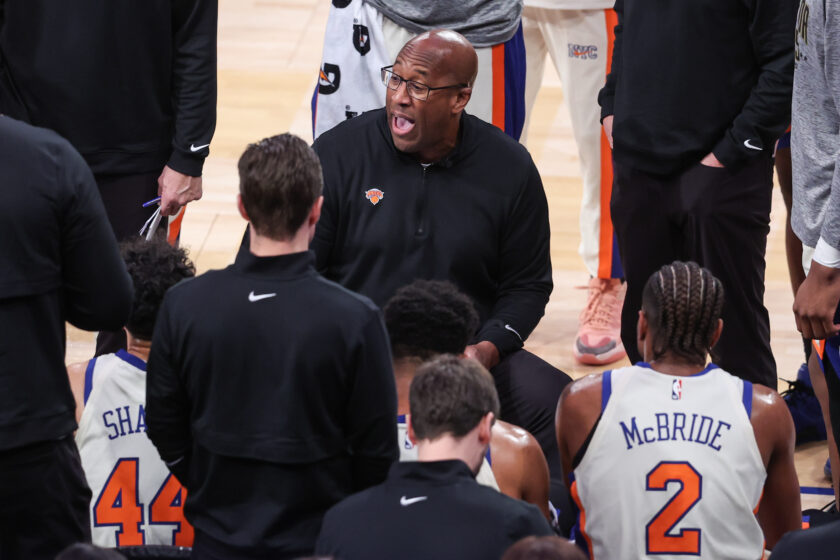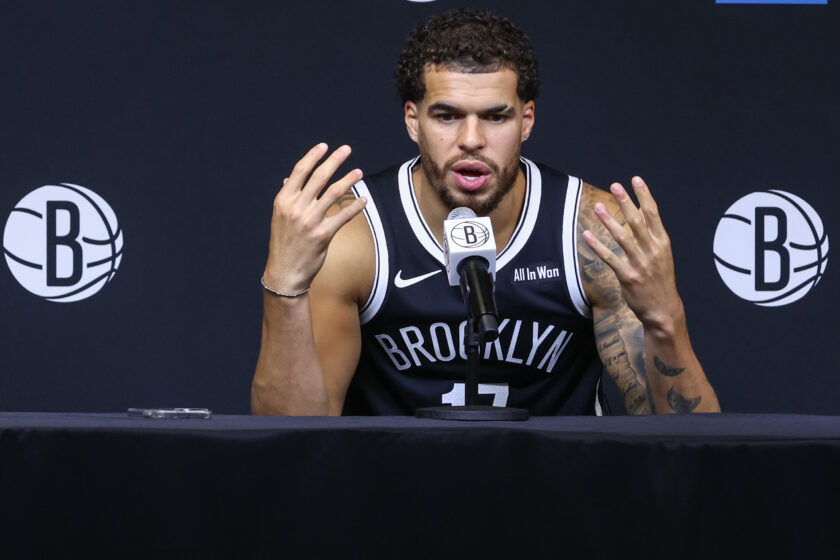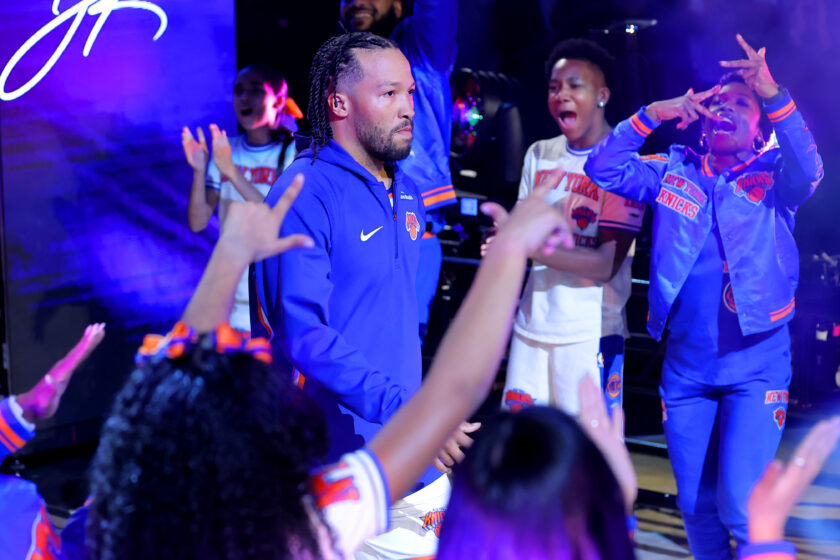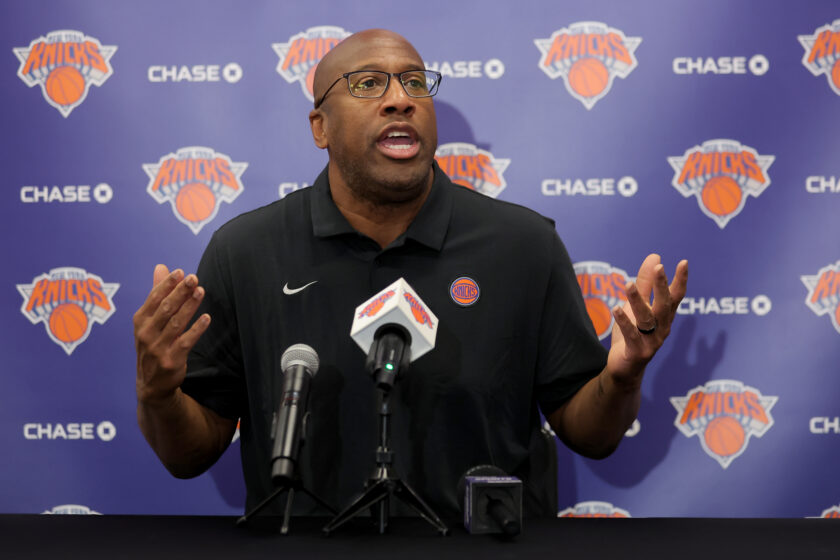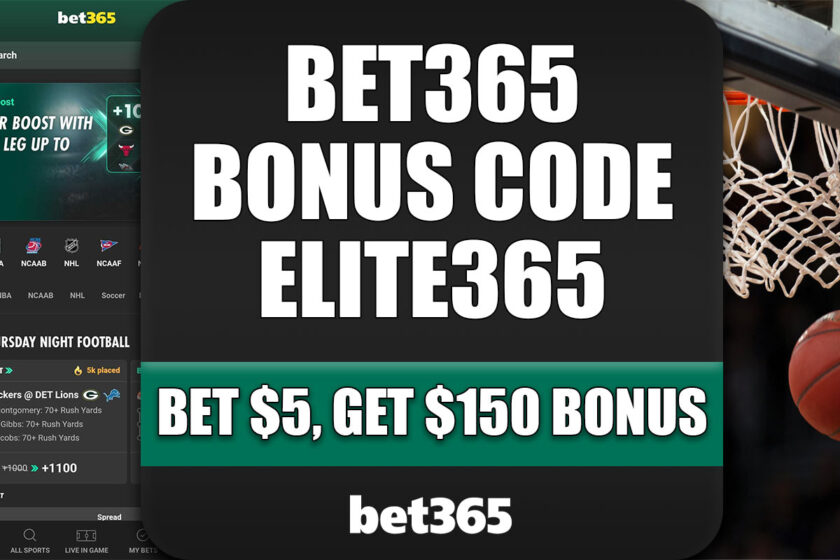4 Things That Doomed the New York Knicks at the Deadline
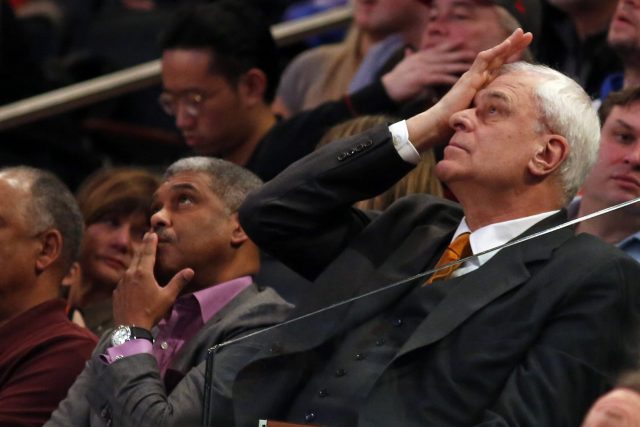
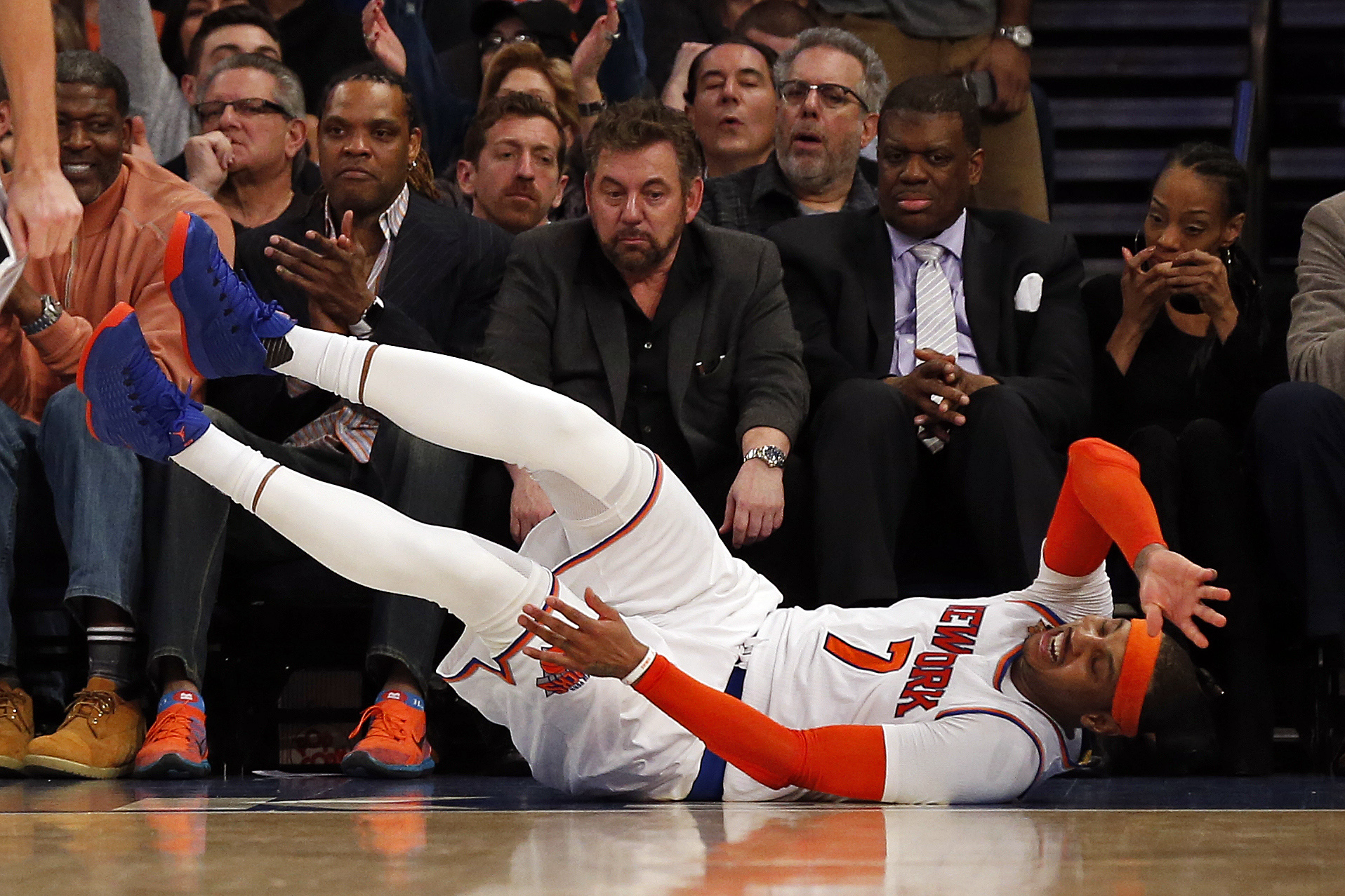
Honorable mention: Lest we forget…
James Dolan is still the owner of this franchise. All that needs to be stated, really.
[sc name=”Knicks Link Next” link=”elitesportsny.com/2017/02/24/new-york-knicks-kristaps-porzingis-injury-transparent-sign-basketball-gods-tanking-key/” text=”The KP injury is a sign from the basketball gods” ]
Bryan Pol
I am an English teacher, music and film aficionado, husband, father of two delightful boys, writer, sports fanatic, former Long Islander, and follower of Christ.
Based on my Long Island upbringing, I was groomed as a Yankees, Giants, Rangers, and Knicks fan, and picked up Duke basketball, Notre Dame football, and Tottenham Hotspur football fandom along the way.

